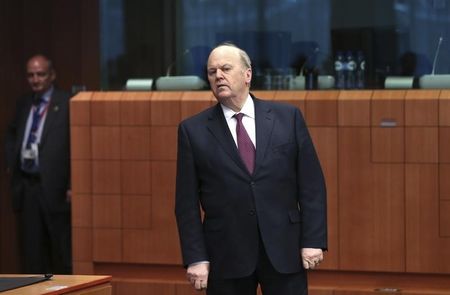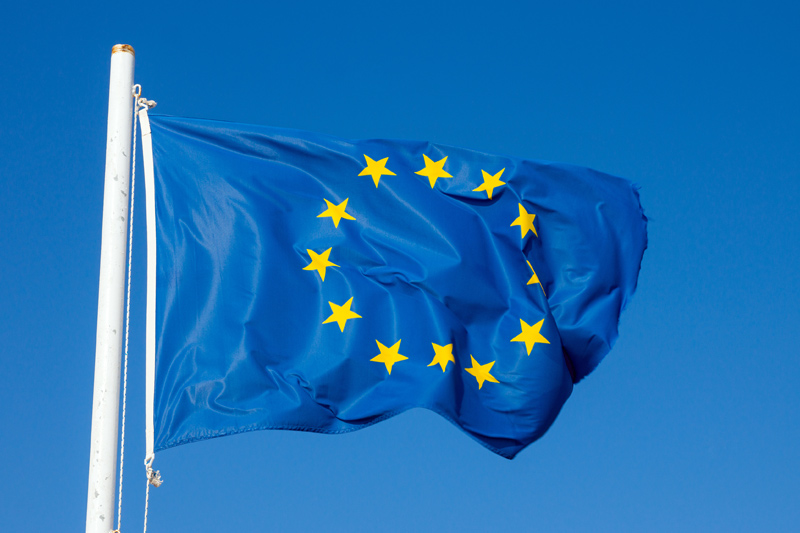BRUSSELS (Reuters) - European Union officials support Ireland's request to be allowed to pay back early the International Monetary Fund's part of its bailout because of the money it would save Dublin, a senior EU official said on Monday.
In late 2010, Ireland borrowed money from both the IMF and the European Union to avoid bankruptcy after it was cut off from market financing.
The euro zone nation returned fully to markets after its programme ended in December and the cost of repaying the IMF is now higher than borrowing from the European Union and from markets.
Ireland's loans to the IMF carry an interest rate of almost 5 percent, while the cost of borrowing on financial markets is less than 2 percent. Low bond yields have been helped by investor expectations of a U.S.-style bond-buying programme by the European Central Bank to revive the euro zone economy.
But under Ireland's bailout deal, if Dublin wants to pay off any of the loans early, it has to pay back all lenders, not just one, unless the others agree.
A senior EU official involved in the talks said the signs of reaching agreement were high.
"Colleagues are uniformly positive about this ... It is good for the Irish sovereign, it is good for the financial portfolio of Ireland, and it is also good for us," said the senior EU official. "There are significant savings for the Irish sovereign," the official told reporters.
Finance Minister Michael Noonan put the proposal to EU Commissioner for Economic and Monetary Affairs Jyrki Katainen on Monday.
"Mr Katainen indicated that he was in principle very supportive of Ireland's plan and said he was looking forward to receiving more details to allow for a comprehensive assessment of the plan," Noonan said in a statement.
He will meet ECB President Mario Draghi, European Stability Mechanism chief executive Klaus Regling and Eurogroup President Jeroen Dijsselbloem on Tuesday ahead of a series of meetings with EU Finance Ministers at their informal meeting in Milan later next week.
Noonan has said he would target the portion of the 22 billion owed to the IMF that carry an interest rate of almost 5 percent and look to refinance it in three 5 billion tranches, beginning before the end of the year.
The repayment concessions so far granted by Europe are part of Ireland's strategy to even out the repayment schedule of a national debt that it believes peaked at 116 percent of gross domestic product (GDP) or around 200 billion euros (160.43 billion pounds) last year.
If it gets the go-ahead, Ireland could save up to 375 million euros a year in interest payments on the debt.
The senior EU official said if agreed, Ireland's early payback to the IMF would set a precedent for other countries to follow. Portugal also ended its bailout programme this year.

"There has been no communication with Portuguese authorities on this, but it is quite logical that you would start thinking about this," the official said. "The results of Ireland will set an important precedent for other countries."
(Reporting By Jan Strupczewski and Robin Emmott; Additional reporting by Padraic Halpin in Dublin; Editing by Tom Heneghan)
